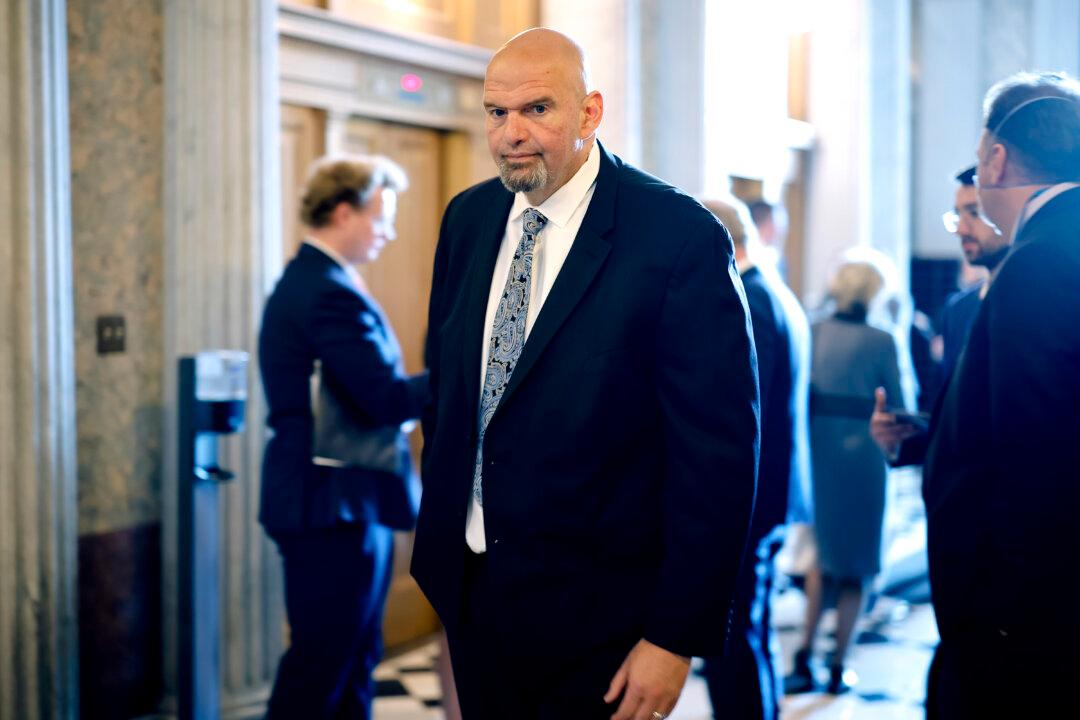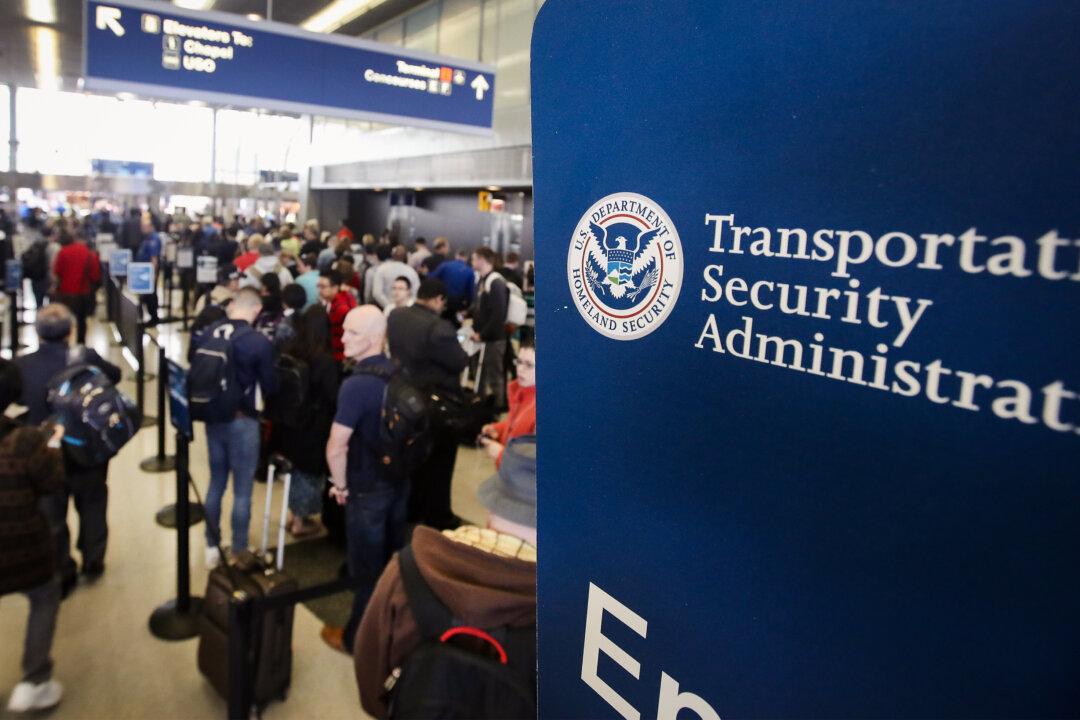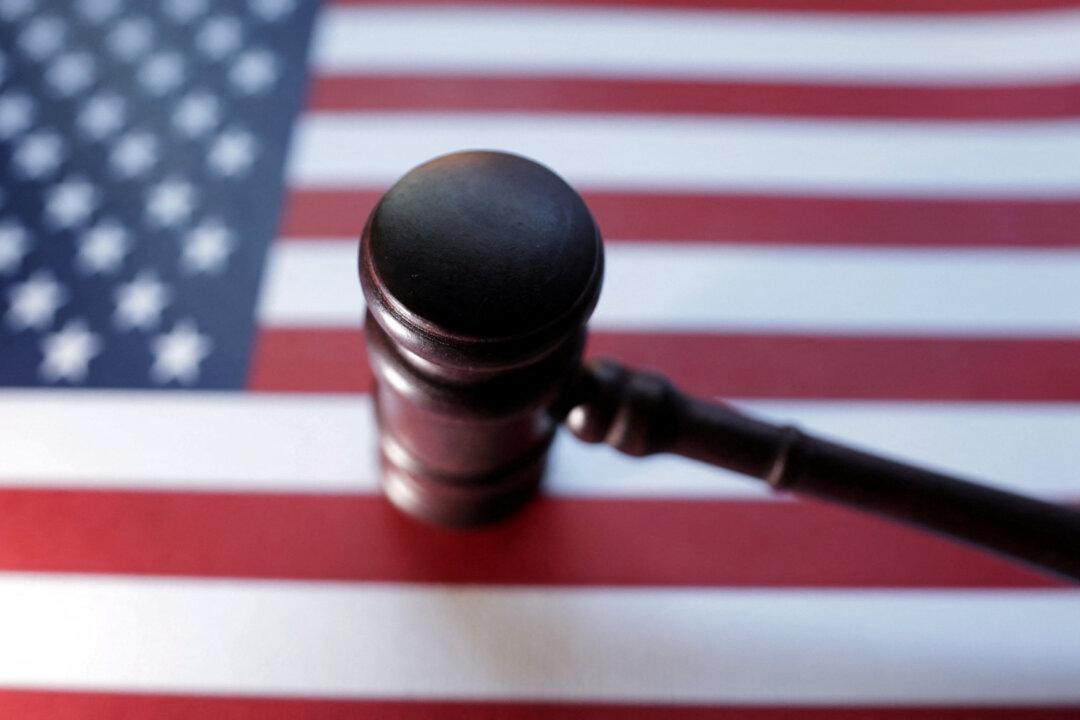A new study found that sugar in sweetened drinks may have a more adverse impact on a person’s cardiovascular health than sugar in other sweets, suggesting that one may want to consider not only how much sugar is consumed but also its source.
Researchers said that 25,739 participants were diagnosed with cardiovascular disease. The scientists used this data to determine how the different forms of sugar intake are associated with different cardiovascular illnesses.
They looked at three types of sugar consumption: sugar that comes from toppings like honey, baked goods like pastries, or sweetened beverages such as fizzy drinks. Also evaluated were several cardiovascular health issues, including two types of stroke, heart failure, heart attacks, atrial fibrillation, aortic aneurysms, and aortic stenosis.
Consuming sweet drinks that have added sugar was worse than any other type of sugar intake, they found, and such products “significantly increased” the chance of developing heart failure, stroke, atrial fibrillation, and abdominal aortic aneurysm, according to the statement.
Study participants’ total added sugar intakes were calculated by subtracting “naturally occurring sugars in fruit, vegetables, fruit juices, and jams” from their total sucrose and monosaccharides intake, the study noted.
“Liquid sugars, found in sweetened beverages, typically provide less satiety than solid forms—they make you feel less full—potentially leading to overconsumption,” Lund University’s Suzanne Janzi, the study’s co-author, said in a statement. “Context also matters—treats are often enjoyed in social settings or special occasions, while sweetened beverages might be consumed more regularly.”
The study’s authors found that the “highest risks of a negative health outcome arose in the lowest intake category for treats” and that the consumption of “occasional treats was associated with better outcomes than no treats at all,” the statement said.
But Janzi said that more work is needed to understand why.
“Our findings are based on a Swedish population, which may have dietary habits and lifestyle factors that differ from those in other populations,” she said. “Particularly relevant in this context is the social custom of ‘fika’—regular coffee and pastry breaks that are deeply embedded in Swedish culture. These results may not directly translate to other populations with different dietary cultures.”
They found that an additional sugar-sweetened drink per day was associated with an 18 percent increased risk of developing cardiovascular disease.






